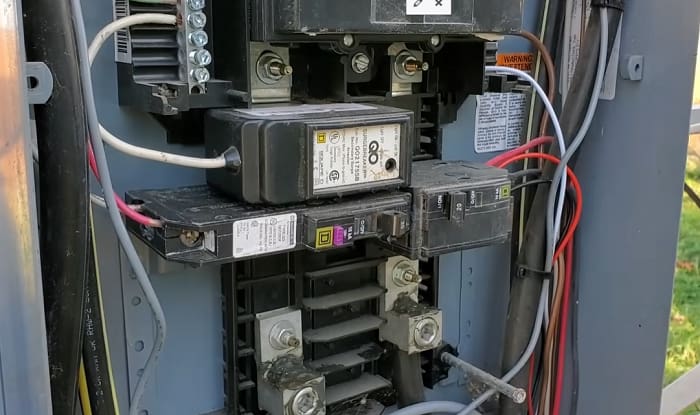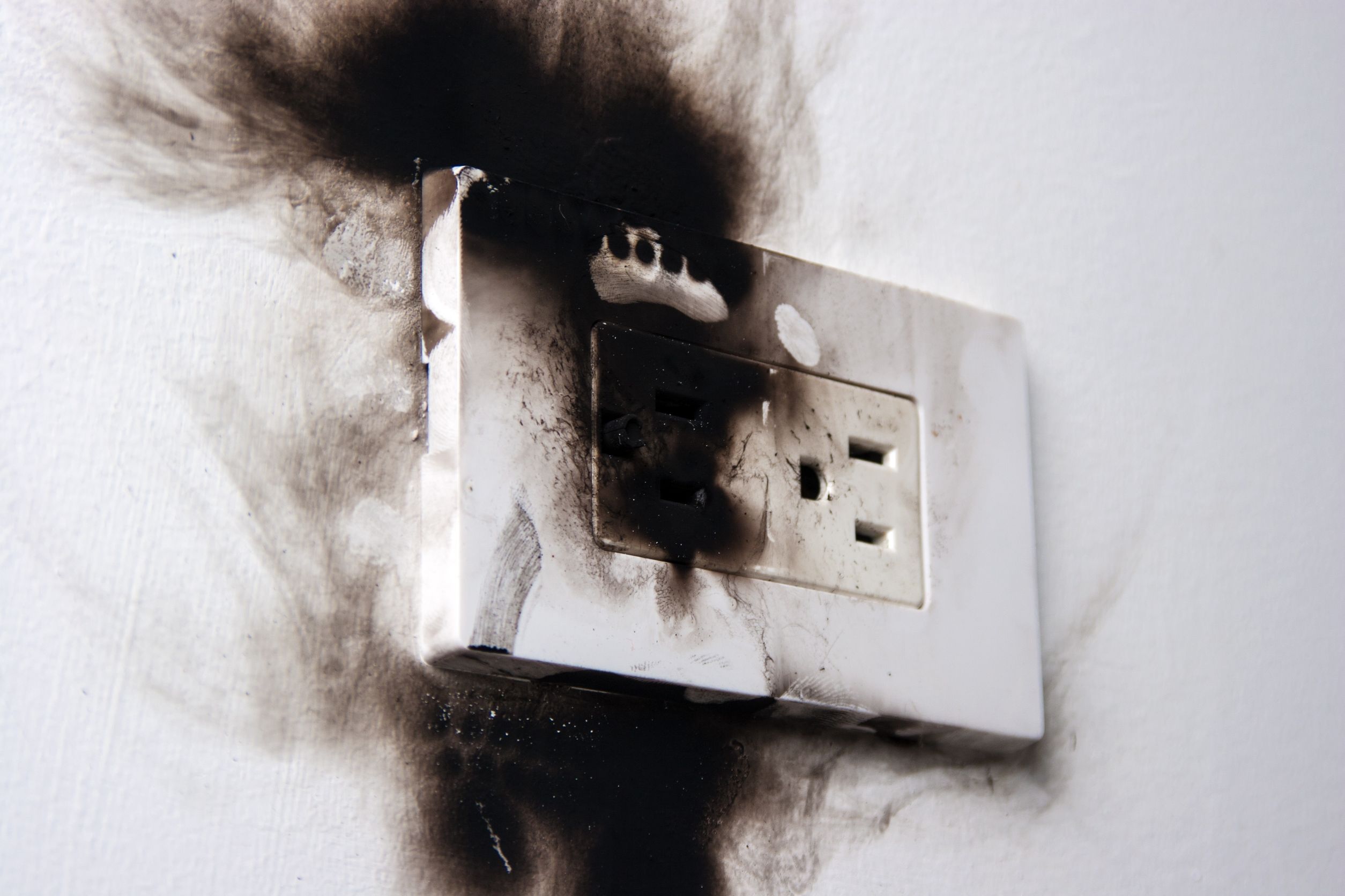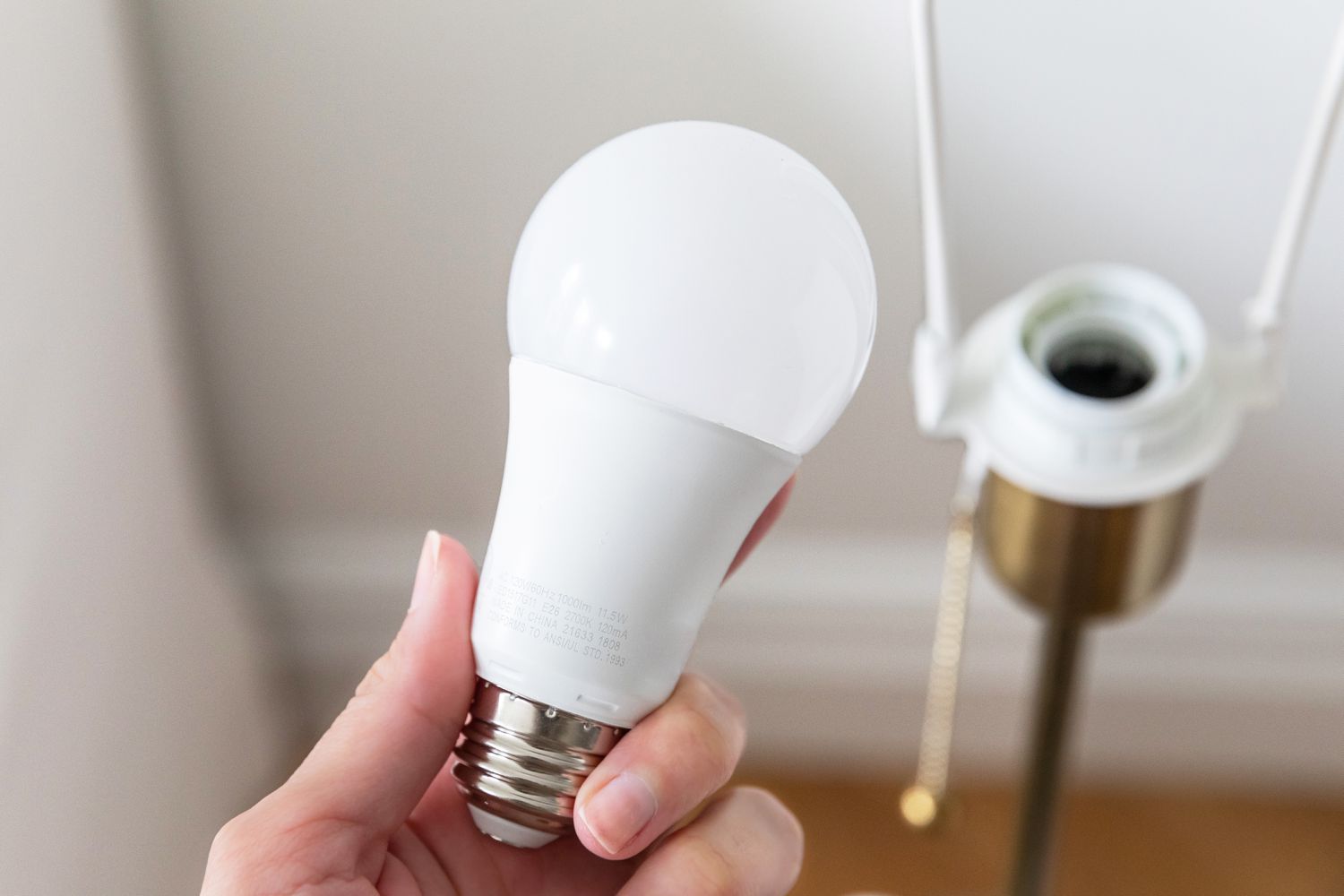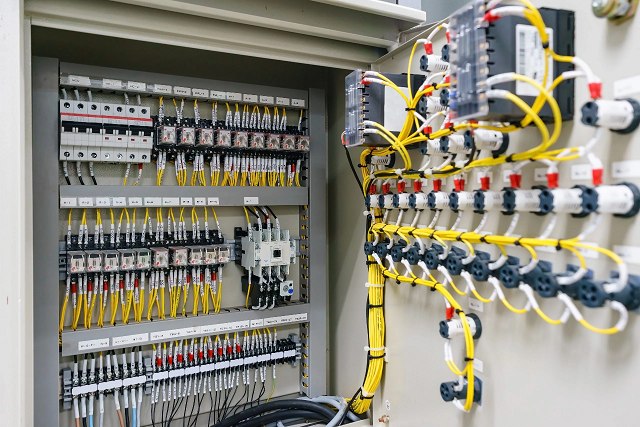In the world of home electrical setups, safety is paramount. One of the frequently asked questions that bewilders many homeowners and even some DIY enthusiasts is, “What Gauge Wire Do I Need for a 30-Amp Breaker?” It’s not just about picking any wire; it’s about ensuring that your setup is both safe and efficient. Let’s jump in and unravel this electrifying mystery.
What Gauge Wire Do I Need for a 30-Amp Breaker?
To put it succinctly, for a 30-amp breaker, the most commonly recommended wire gauge is 10-gauge. This size ensures that the wire can handle the current safely without overheating. But why this particular gauge, you wonder? Let’s delve into the depths of wire gauges and their significance.
Understanding Wire Gauges
Wire gauges, often denoted by a number, represent the physical size of the wire. The thing to remember, which can be a tad counterintuitive, is that the larger the number, the thinner the wire. So, a 12-gauge wire is actually thinner than a 10-gauge wire.
Why Does Gauge Matter?
The gauge of a wire determines how much electrical current it can safely carry. If you choose a wire that’s too thin for the current it’ll carry, there’s a risk of the wire overheating, which could lead to electrical fires.
Determining the Right Gauge
While the 10-gauge recommendation for a 30-amp breaker is standard, it’s essential to consider the length of the wire run. If you’re dealing with longer distances, you might need a thicker wire to ensure safety and efficiency.
Wires and Their Insulations
It’s not just the metal inside; the insulation around a wire also plays a pivotal role. Different insulation types can tolerate different amounts of heat, affecting the wire’s overall capacity.
Common Mistakes to Avoid
- Assuming all wires of the same color have the same gauge.
- Not taking into account the total load of all devices connected.
- Forgetting about voltage drop over long distances.
Safety Precautions
Always ensure your breaker matches the capacity of the wire. An oversized breaker can be dangerous, as the wire may not be able to handle the current it allows.
When to Consult a Professional
While many home projects can be DIY, working with electricity carries inherent risks. If you’re ever in doubt, it’s best to consult with a licensed electrician.
Advancements in Wire Technology
As technology advances, so does the design and capability of electrical wires. Modern wires often have better insulation and can handle current more efficiently than their older counterparts.
Cost Implications
While safety should never be compromised for cost, it’s good to understand the pricing tiers for different wire gauges and qualities. Typically, thicker wires and those with better insulation will be pricier.
Environment and Wire Efficiency
In an age of environmental consciousness, it’s essential to know that efficient electrical setups can reduce energy wastage, leading to a greener home.
Real-life Experiences: A Case Study
John, a homeowner in Texas, shared his experience with selecting the wrong wire gauge and the complications that ensued. This real-life tale emphasizes the importance of accurate knowledge.
The Future of Home Electrical Setups
With the rise of smart homes and IoT devices, the demand on home electrical systems is ever-evolving. It’s essential to keep up with these changes to ensure safety and efficiency.
Conclusion
Understanding the intricacies of What Gauge Wire Do I Need for a 30-Amp Breaker? is more than just a simple answer. It’s about ensuring your home’s safety while achieving electrical efficiency. Remember, when in doubt, always seek professional guidance.
FAQs:
What happens if I use a thinner wire than recommended for a 30-amp breaker?
Using a wire that’s too thin can lead to overheating, which increases the risk of electrical fires.
Why is a 10-gauge wire recommended for a 30-amp breaker?
The 10-gauge wire ensures the safe and efficient handling of the current without overheating.
Can I use a thicker wire than needed?
Yes, using a thicker wire than necessary is typically safe, but it might be overkill and more expensive.
Does the length of the wire run affect the gauge I should choose?
Yes, longer runs might require a thicker wire due to voltage drop concerns.
Are all 10-gauge wires the same?
While the thickness might be the same, differences in insulation and quality can affect a wire’s performance.
Is it expensive to hire a professional for electrical setups?
While costs vary, safety and expertise often justify the expense of hiring a professional.




